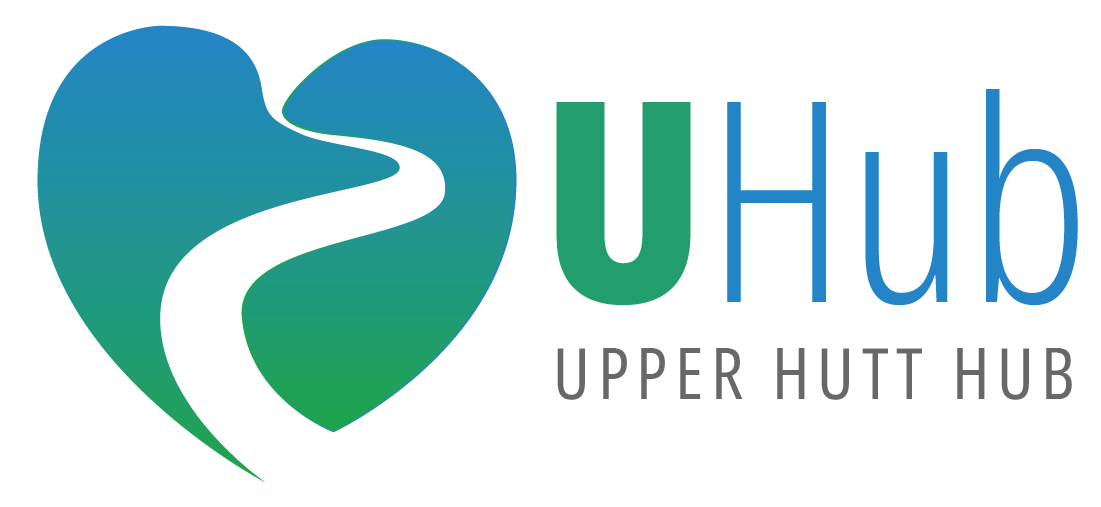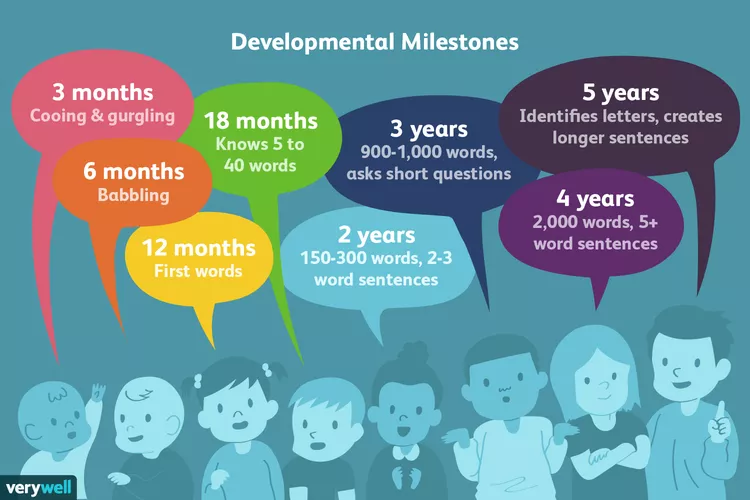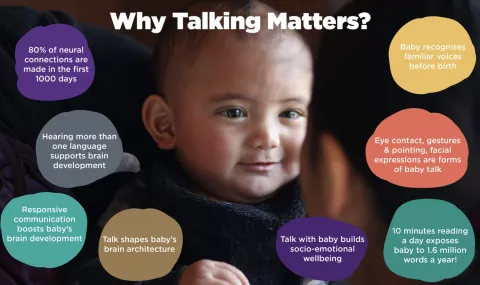Early Communication and speech
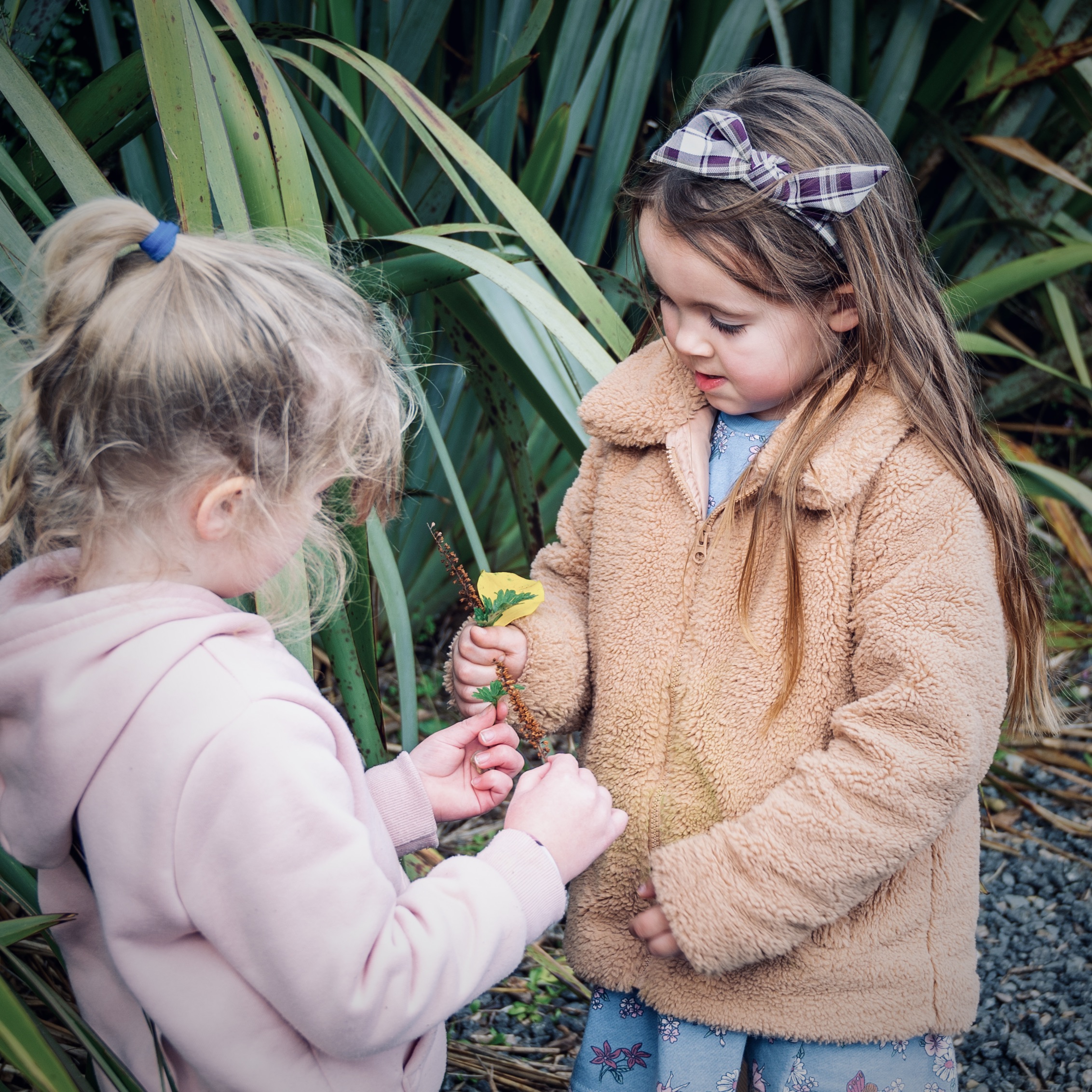
Developing language supports kids to
- Express and understand emotionsThink and learnSolve problemsMake and keep relationships
We work alongside whānau to empower them to identify a next step on their path forward
What can whānau do?
Focus on communication. Talk with your baby, sing, and encourage imitation of sounds and actions.
- Continue reading to your child when they are a baby. Look for books that rhyme and are fun to read. Add lots of animation and tone changes to keep pēpi engaged. Picture books that are bright and have pictures to point to and name are also good.
- Use everyday situations - talk your way through the day. Name foods at the supermarket, explain what you're doing as you cook or clean a room, and point out objects around the house.
- Keep words and sentences simple and short but avoid “baby talk” Like “Cole want apple?” “Red bus”.
- Celebrate and encourage imitation of sounds and actions. Notice when your baby looks towards you and watches you talk. Be animated when interacting with tamariki/pēpi to keep them engaged.
- Repeat your child’s early sounds or words back to them.
Words and aroha make a huge difference.
If you are concerned you can
further help available
WE KNOW there is so much information available on line so we have spent the time researching and relevant, localised websites and resources for you to explore. We want to keep it simple and not overwhelming.
Wondering about your childs speech?
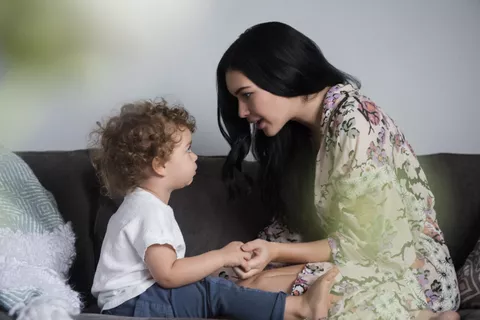
A fantastic resource for parents curious about how their child's talking skills are developing from ages 1 to 5.
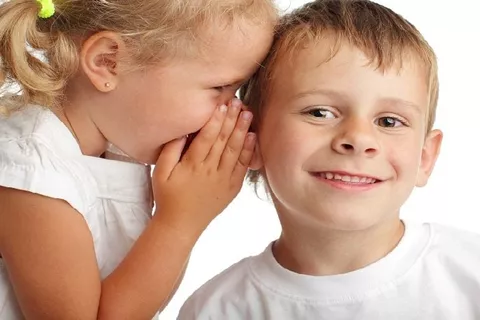
Wondering if your child might need speech therapy?
You may find this article from Kidspot helpful.
How we can help our Tamariki?
Tips for all types of communication
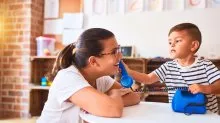
Wanting some tips for language building with young children? This resource gives whānau ideas for boosting language development with young children who communicate without words, those that have just started talking, and those who are speaking in sentences.
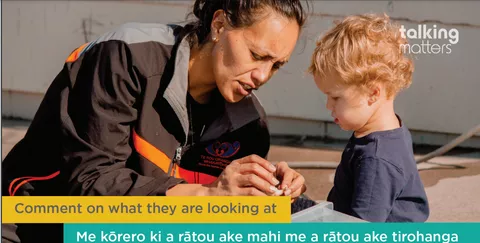
The Talking Matters team offers excellent resources with practical tips on improving your child's language skills.
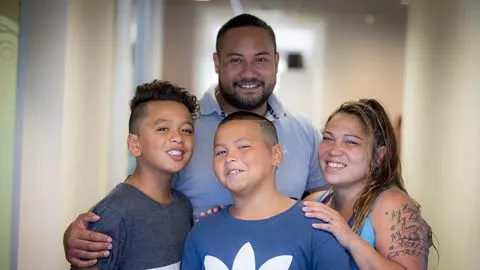
The Brain Wave Trust has some ideas for how to effectively communicate with your baby and child to support their language development.
Stories about speech issues to explore with your child
Tristan finds his voice
A story about a child with Apraxia of Speech.
Lola's words disappeared
A story about Lola who has Selective (or Situational) Mutism.
The boy who couldn't speak, yet
Written by the author about his younger self and his experience with Apraxia of Speech.
Beyond words
A story to help everyone understand Apraxia of Speech.
I talk like a river
Ed Sheeran tells the story of a boy with a stutter, who feels isolated and alone, until a walk by the river helps him find his voice.
Where can we get help?
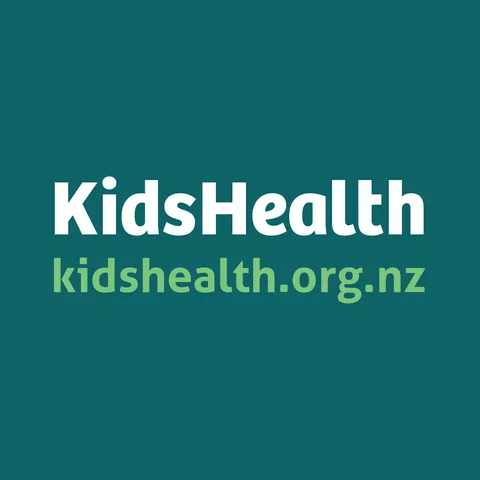
Some questions and answers to help you decide whether your child needs a referral to the Ministry of Education for their communication, speech or language development.
What does a Speech Therapist do?
The New Zealand Speech-Language Therapists' Association explains what a speech therapist does, who they help, and how they can help.
